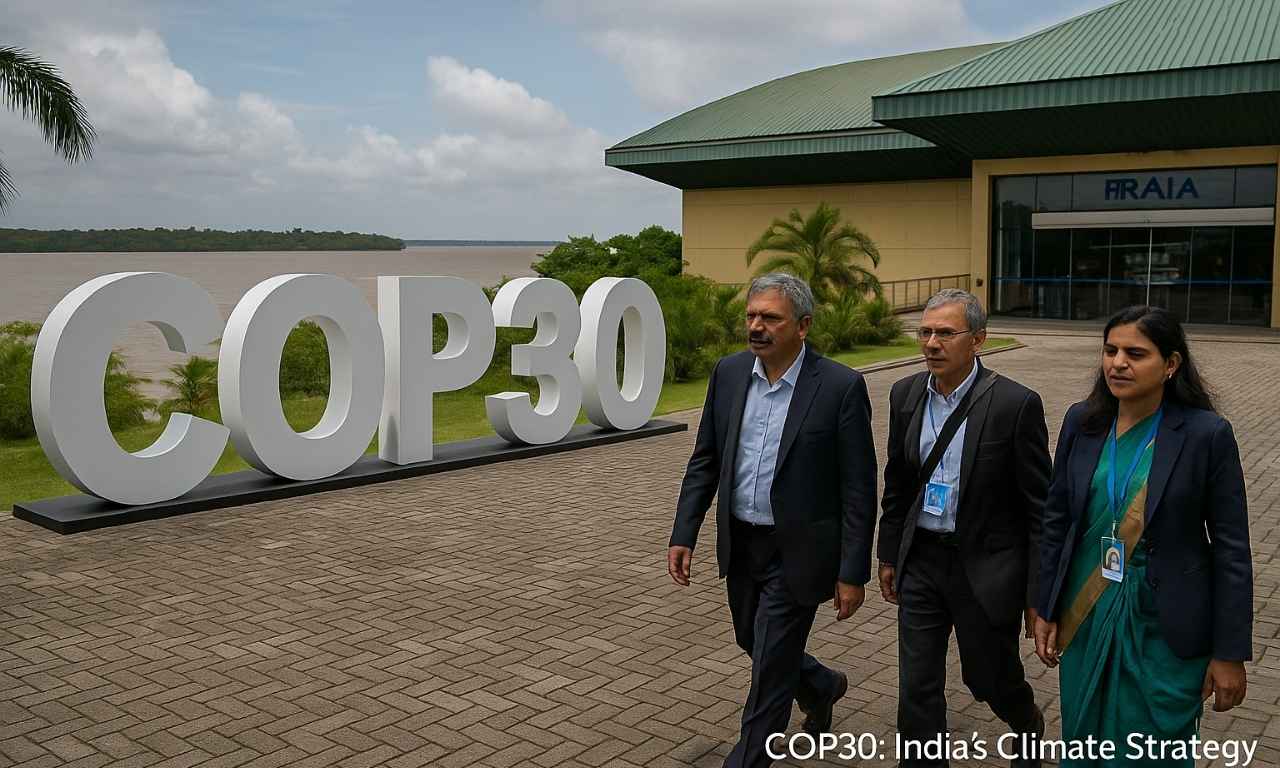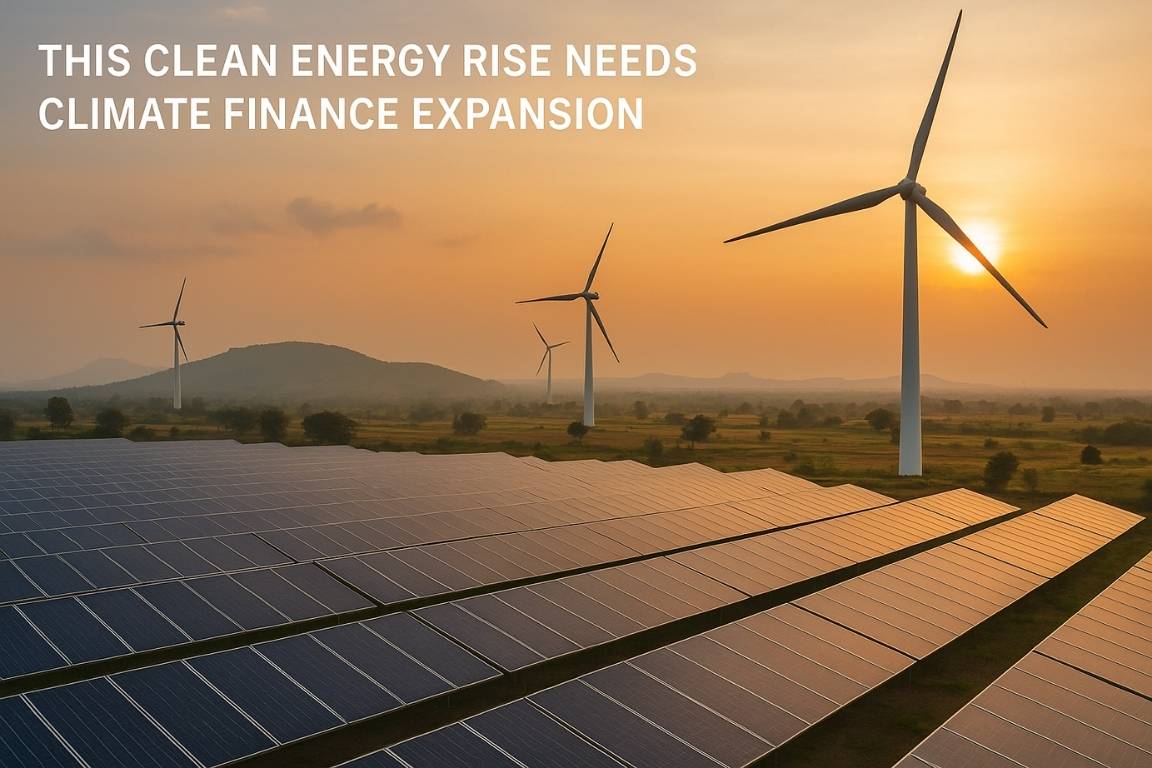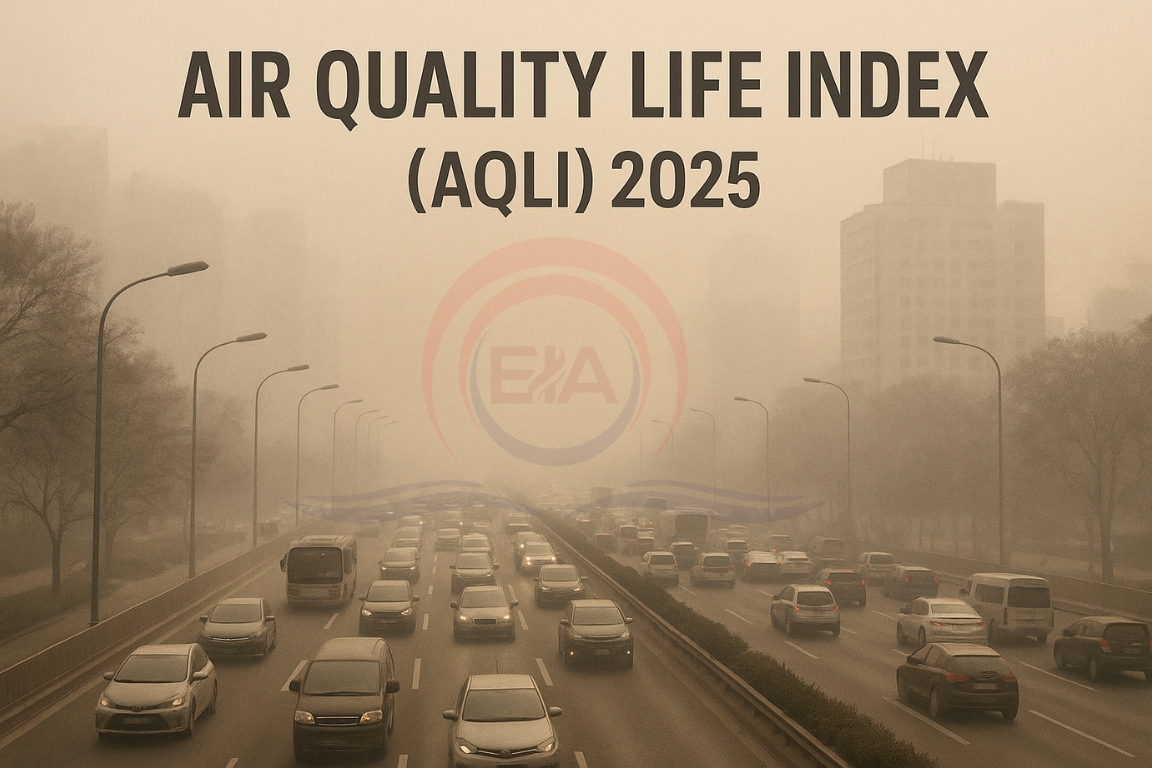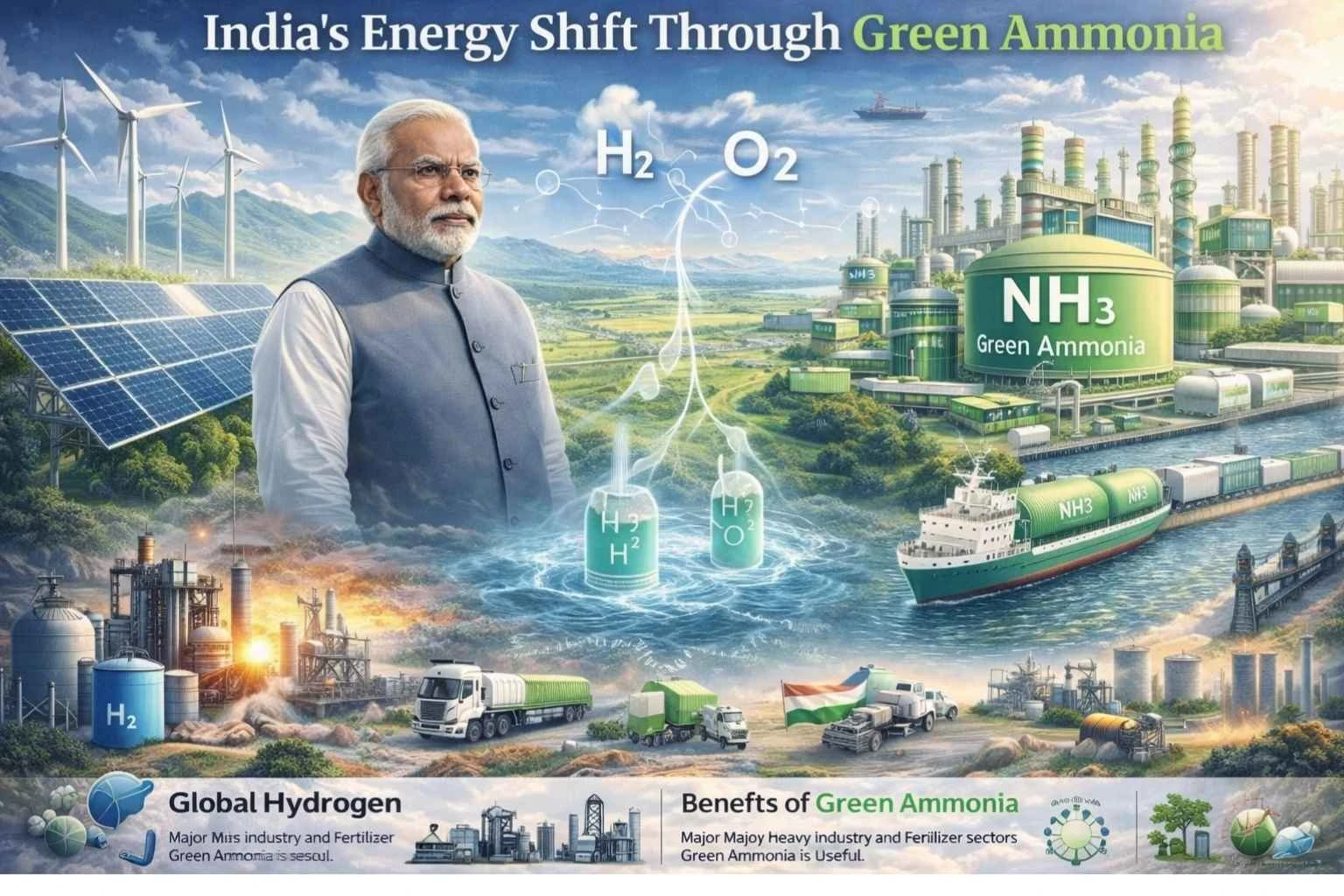The upcoming COP30 Climate Summit in Belem, Brazil, comes at a time when global climate action is losing momentum.
Background
- The World Meteorological Organization (WMO) reported that CO₂ concentrations rose sharply in 2024, touching an all-time high.
- Global carbon emissions have grown from 39.6 billion tonnes (2015) to 41.6 billion tonnes (2024), showing limited impact of the Paris commitments.
- The US has again withdrawn from the Paris Agreement under Donald Trump, while developing nations are losing faith in the process.
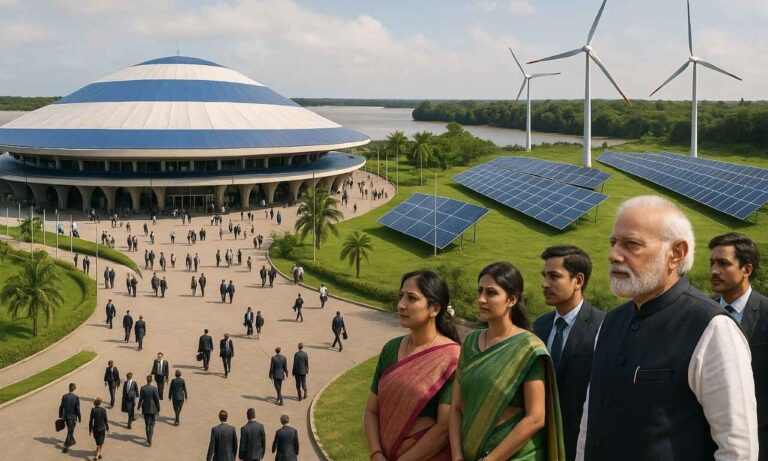
Expectations from COP30
- COP30 is not expected to deliver major breakthroughs but aims to keep nations engaged in the global climate dialogue.
- India is likely to unveil two key documents:
- New Nationally Determined Contributions (NDCs) for 2035 – setting fresh emission and energy targets.
- First National Adaptation Plan (NAP) – outlining steps to manage and adapt to climate change impacts.
India’s Position
- India’s 2035 goals may remain moderate, as other major emitters like China have set limited targets.
- However, India has its own reasons to act strongly on climate change:
- Clean energy expansion can drive economic growth and boost industrial competitiveness.
- Reducing climate risks is essential for sustainable development by 2047.
- Active climate leadership enhances India’s global standing, especially in the Global South.
Way Forward
- India should accelerate renewable energy and green technology innovation.
- Strengthen global initiatives like the International Solar Alliance (ISA) and Coalition for Disaster-Resilient Infrastructure (CDRI) to showcase leadership.
- Domestic action must match ambition, ensuring both economic progress and climate resilience.
WHAT IS COP
- COP (Conference of the Parties) is the annual meeting of countries that are part of the United Nations Framework Convention on Climate Change (UNFCCC).
- It serves as a platform where nations review global climate progress and negotiate actions to limit global warming.
- Each COP meeting aims to strengthen international cooperation on climate mitigation, adaptation, and finance.
PARIS AGREEMENT
- Temperature Goal: To limit global warming to well below 2°C, and preferably 1.5°C above pre-industrial levels.
- Nationally Determined Contributions (NDCs): Each country must submit and update its emission reduction targets every few years.
- Climate Finance: Developed countries agreed to mobilize $100 billion annually to support developing nations in climate mitigation and adaptation.
Conclusion
COP30 represents a critical moment for renewing global climate commitments. For India, it is both a challenge and an opportunity to lead by example through sustainable growth and decisive climate action.
This topic is available in detail on our main website.


